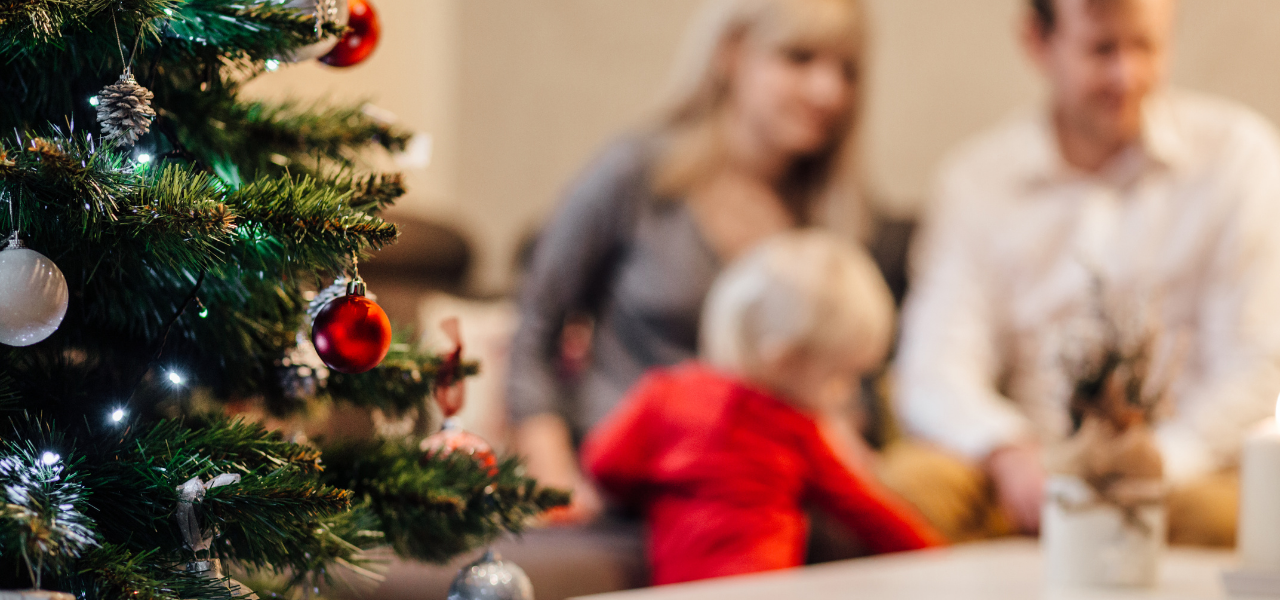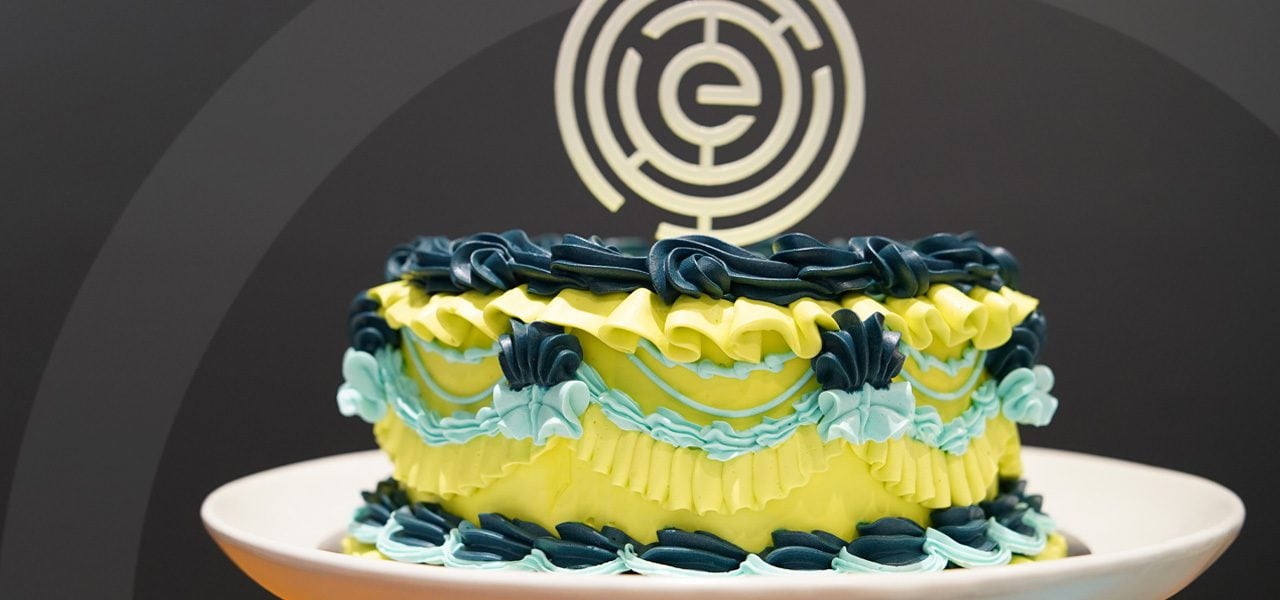Having healthier get-togethers starts with recognizing how family dynamics can connect to addiction.
With the holidays just around the corner, many of us are looking forward to getting together with friends and family.
While we tend to romanticize these get-togethers as heart-warming quality time, the truth is they can also be quite challenging for some people.
For those in recovery, family gatherings can be particularly tough.
Excessive Drinking is Normalized During the Holidays
To understand why, just stop and think for a moment about what we think contributes to a “good get-together”. They’re usually built around three basic ingredients: people, food, and drinks. And the motto for all three of those ingredients is typically “the more the merrier”.
While that’s great as a rare indulgence for most people, it can be extremely stressful for someone in recovery. That’s because we’re often bringing more than just people together; we’re also bringing triggers.
If you have any dysfunctional dynamics in your family, there’s a good chance they’re going to get played out at a get-together. Just think of the judgment. The awkward conversations. The uncomfortable questions. Or even the pressure to “relax and enjoy the party”. Worse still, the very people at the party could be the sources of the trauma that led to addiction in the first place.
So, what does all this mean if you’re someone in recovery?
It means you go in with a plan to minimize temptations for relapse.
Helpful Tips to Handle Triggers During the Holidays
Here are our five favorite tips to help you avoid getting triggered at your next get-together:
- Know What Your Triggers Are
Knowledge is power. Take time to think about what creates the urge to drink and build strategies to avoid them. A trigger could be a certain conversation, being around alcohol in general, or even just being around certain people or places. Whatever they are, sit down and make a list.
- Recruit Allies
Once you know your triggers, share them with the host and other allies in the room. Once they know, they can help create an environment that’s easier for you to navigate. They can make the event alcohol-free, steer conversations in different directions, or break the gathering up into smaller, more manageable groups. Having those allies on-side, including sponsors and mentors, also gives you a guilt-free way to leave if things go sideways.
And if your family isn’t willing to go alcohol-free, or they’re uncomfortable accommodating you, simply don’t go. After all, they probably know you’re on a tough road, and might even appreciate you having the strength to avoid situations that could set you back. It’s important to recognize that this is a tough boundary to draw for yourself, but it’s an important option to keep open if and when you need it.
- Carry a Water Bottle Around with You
With so many things going on in the world, sometimes people can forget that you’re in recovery. Seeing you toting a water bottle around is a good visual reminder. Plus, it has the added benefit of ensuring you always have a recovery-friendly drink in your hand so you’re not tempted to pick up something else instead.
- Practice Steering Conversations
People are genuinely curious about the recovery process and may start asking you questions that you’re just not comfortable with. Rather than stick out the conversation, practice a response to move it in a new direction. That could be as simple as “It’s still early for me, so I’m not quite ready to have that conversation yet,” to “Not sure I’m comfortable chatting about this just yet. Can we talk about something else?”
- Create an Escape Plan
If you plan on going to the event with someone else, it’s a good idea to discuss how you’re going to leave if something does arise. This may include coming up with a reason to leave. Creating a word or phrase that alerts the person that it’s time to go can make the process easier.
You can also have a reason readily available to give to the host as to why you have to leave. Staying in an environment where you feel triggered could lead to you relapsing.
It’s important to remember that everyone has triggers. But planning ahead, forming strategies, and setting boundaries ahead of time can go a long way in working your way past them.
We Can Help You
Ledgehill’s two facilities in Annapolis County, Nova Scotia, provide gender-specific treatment for men and women who need to heal in a peaceful, supportive environment free from fear or distraction. If you’d like to learn more about the addiction and mental health treatment programs provided by Ledgehill, enrol yourself in one of our programs, or refer someone else, please call us at 800-676-3393.




